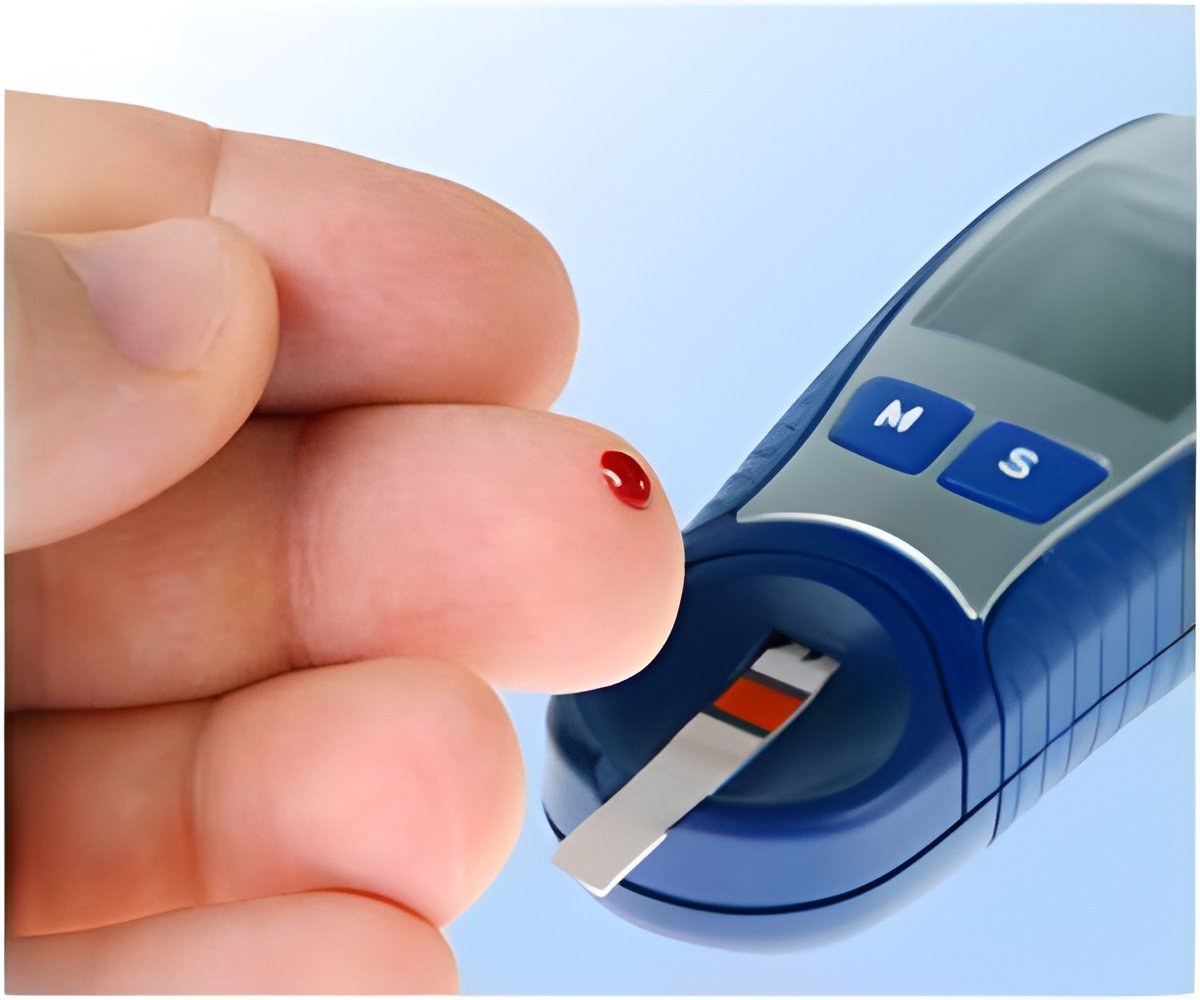Two adapted diabetes lifestyle interventions resulted in weight loss, as well as improvements in waist circumference and fasting plasma glucose level, for obese adults says report.

Jun Ma, M.D., Ph.D., of the Palo Alto Medical Foundation Research Institute, Palo Alto, Calif., and colleagues evaluated two adapted Diabetes Prevention Program (DPP) lifestyle interventions among overweight or obese adults who were recruited from one primary care clinic and had pre-DM, metabolic syndrome, or both. The Evaluation of Lifestyle Interventions to Treat Elevated Cardiometabolic Risk in Primary Care (E-LITE) was a primary-care based randomized trial designed to evaluate the effectiveness of the adapted DPP lifestyle interventions.
"Proven effective in a primary care setting, the 2 DPP-based lifestyle interventions are readily scalable and exportable with potential for substantial clinical and public health impact," the authors note.
Participants were assigned to one of three groups: a coach-led group intervention (n=79), a self-directed DVD intervention (n=81) or usual care (n=81). The behavioral weight loss program was delivered during a 3-month intervention phase by a lifestyle coach or home-based DVD and then was followed by a 12-month maintenance phase, according to the study.
The participants (47 percent of whom were women) had an average age of nearly 53 years at baseline and an average body mass index (BMI) of 32. At month 15, the average ±SE (plus or minus standard error) change in BMI from baseline was -2.2 (±0.3) in the coach-led group,-1.6 (±0.3) in the self-directed group and -0.9(±0.3) in the usual care group. The percentage of participants who reached the 7 percent DPP-based weight-loss goal were 37 percent and 35.9 percent in the coach-led and self-directed groups, respectively, compared with 14.4 percent in the usual care group. Compared with the usual care group, improvements reached "statistical significance" for waist circumference and fasting plasma glucose levels in both interventions, according to the study results.
"The E-LITE trial makes a unique contribution to this growing literature in that its interventions integrate standardized, packaged DPP translational programs (delivered in groups or by DVD) with existing health IT [information technology]," the authors conclude. "Although these intervention components and delivery channels are not new, their integration into structured interventions for use in primary care is novel."(Arch Intern Med. Published online December 10, 2012. doi:10.1001/2013/jamainternmed.987.)
Advertisement
Source-Eurekalert














